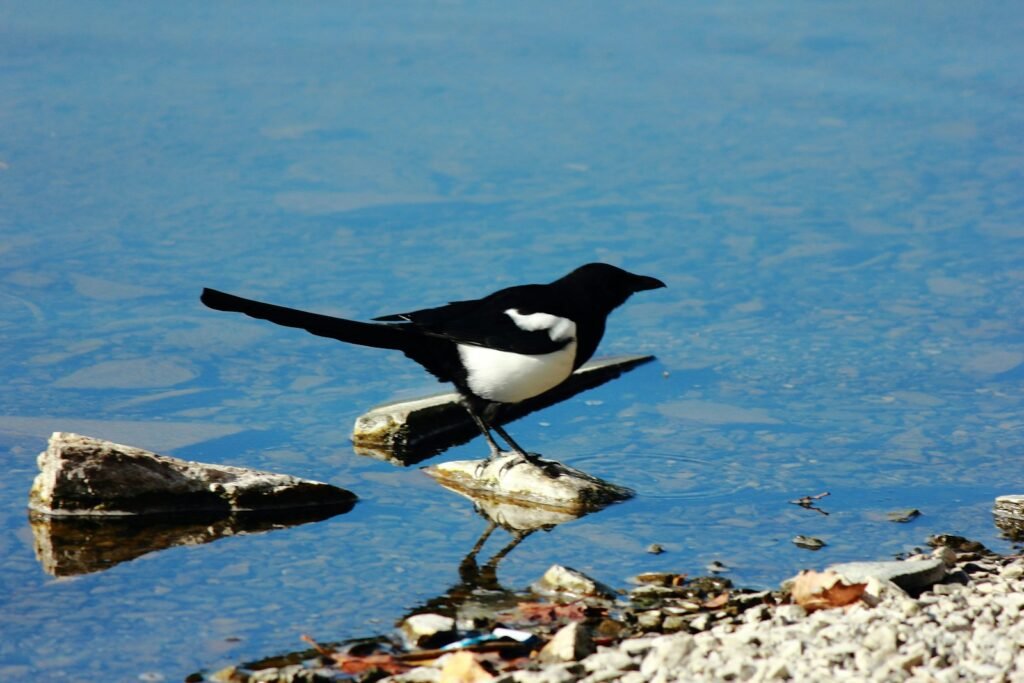Imagine being uprooted from your home, cast out into a world of uncertainty, and forced to start anew in a wild, unfamiliar land. This is not just a story from centuries ago—it’s the heartbeat of the Acadian journey, a saga of heartbreak, survival, and astonishing transformation. The tale of the Acadians, who would become Louisiana’s Cajuns, is one of resilience and reinvention, where exile became the seed of a vibrant culture that still pulses in the bayous today. Their odyssey is a testament to the enduring human spirit, and the lush tapestry they wove continues to captivate hearts, minds, and senses across the world.
Origins of the Acadian People
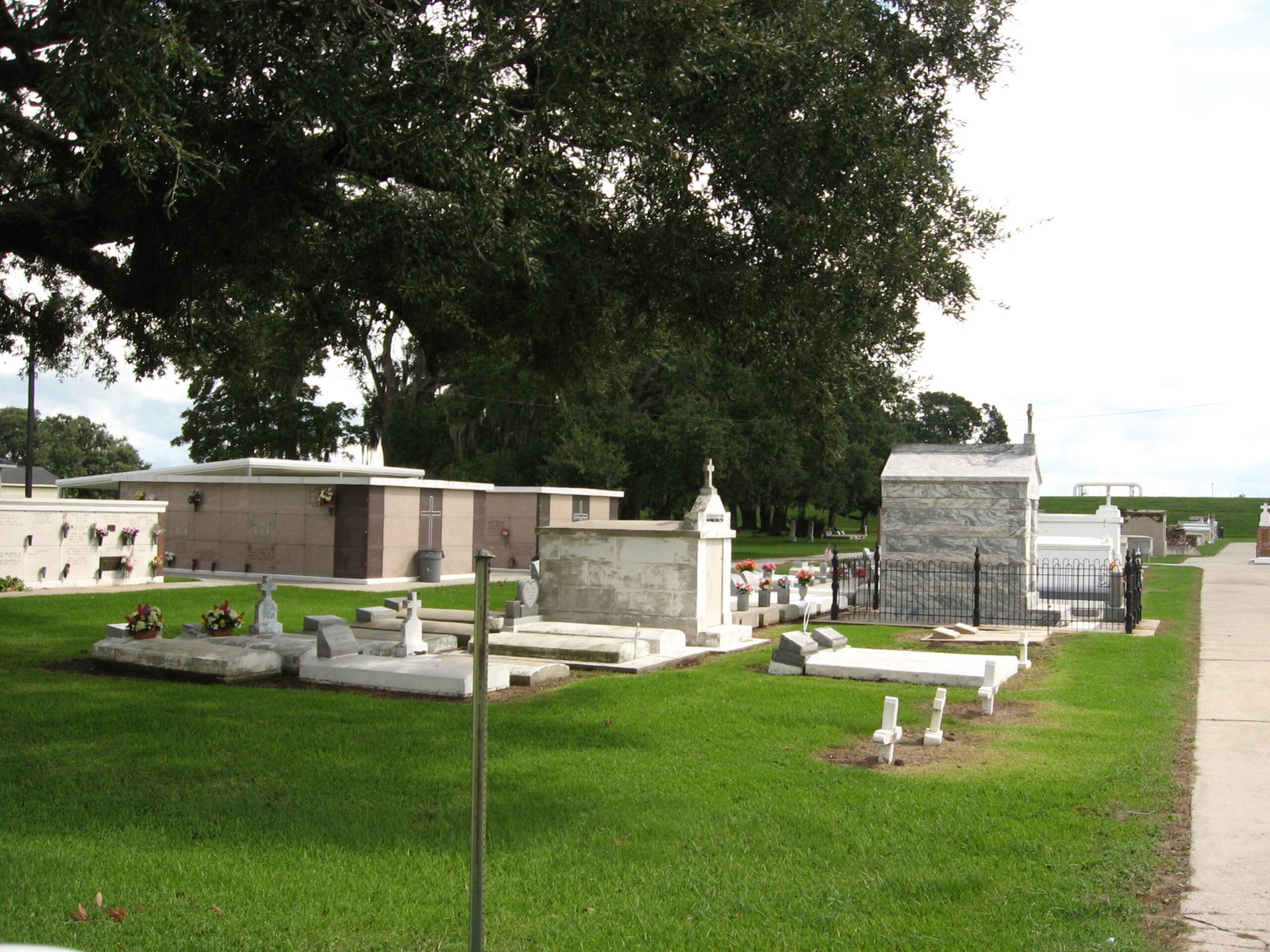
The Acadians originally hailed from the windswept shores of Nova Scotia, New Brunswick, and Prince Edward Island in what is now Canada. These French settlers, arriving in the early 1600s, forged a simple yet thriving existence through farming, fishing, and close-knit communities. Their lives were deeply intertwined with the rhythms of nature, relying on tidal marshes for their agriculture and the bounty of the seas for sustenance. Unlike many colonial groups, the Acadians developed a unique identity, blending Old World traditions with the nuances of their new homeland. Their dialect, customs, and communal values set them apart, fostering a sense of belonging amid the cold northern woods and stormy coasts.
The Tragedy of the Great Expulsion
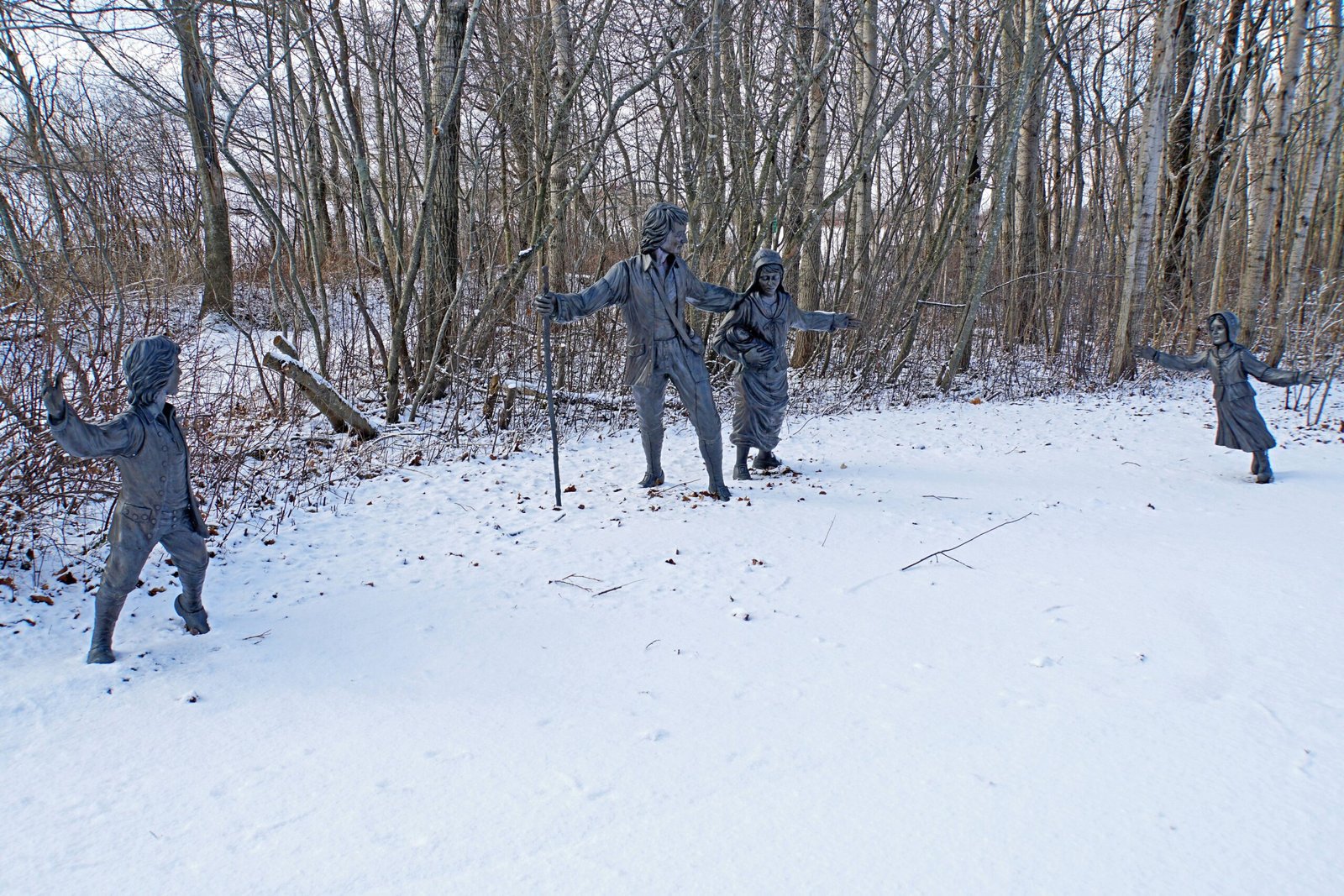
In 1755, the world of the Acadians was shattered by a tragedy known as Le Grand Dérangement, or the Great Expulsion. British authorities, eager to stamp out any trace of French influence in the region, forcibly removed over 10,000 Acadians from their homes. Families were separated, homes burned, and many were scattered across the Atlantic, from the American colonies to France and beyond. The emotional scars ran deep, as old traditions were threatened and the future seemed bleak. Yet, even in exile, the Acadian spirit refused to be extinguished. Their journey was marked by unimaginable loss, but also by the seeds of hope and survival.
Arrival in Louisiana: A New Beginning
After years of wandering, many Acadians found refuge in the swamps and prairies of southern Louisiana. The land was wild and untamed, a far cry from the coastal farms they once knew. Here, they reimagined their lives, adapting old ways to new challenges. The steamy climate, unpredictable floods, and unfamiliar wildlife forced them to innovate, blending their knowledge with that of Native Americans and other settlers. Louisiana became a crucible for transformation, where adversity sparked creativity and a sense of community blossomed. The Acadians were no longer outsiders—they were becoming Cajuns.
Transformation into Cajun Culture
In the bayous and backwaters of Louisiana, Acadian traditions mingled with influences from Africa, Spain, and the Caribbean, giving birth to a new, dynamic culture. The Cajuns retained their language, faith, and love of music, but also embraced new foods, dances, and stories. This cultural melting pot set the stage for a society that prized resilience, resourcefulness, and a zest for life. Over generations, the Acadian identity evolved, but the core values of family, faith, and celebration endured. The Cajuns were forged in exile, but defined by joy and creativity.
The Cajun Language: A Living Legacy
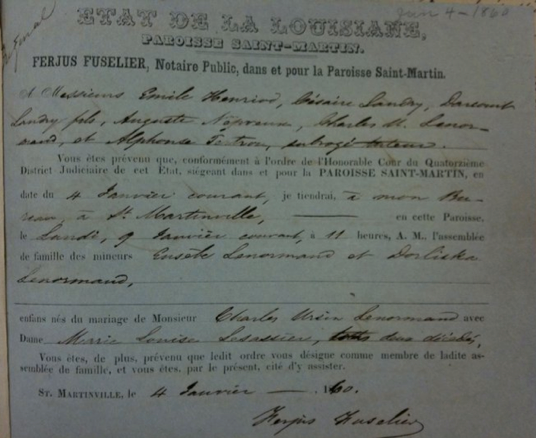
One of the most powerful symbols of Cajun identity is their distinctive language—Cajun French. While rooted in the speech of the original Acadian settlers, it absorbed words and phrases from Spanish, English, African, and Native tongues. For centuries, Cajun French was the language of home, church, and celebration. Despite pressures to assimilate and the decline of French-language education, many families kept the language alive. Today, efforts to revive Cajun French are gaining momentum, with schools, festivals, and musicians proudly embracing their linguistic heritage. The sound of Cajun French, with its lilting rhythm and poetic phrases, remains a vibrant thread in the cultural fabric of Louisiana.
Cajun Cuisine: A Fusion of Flavors
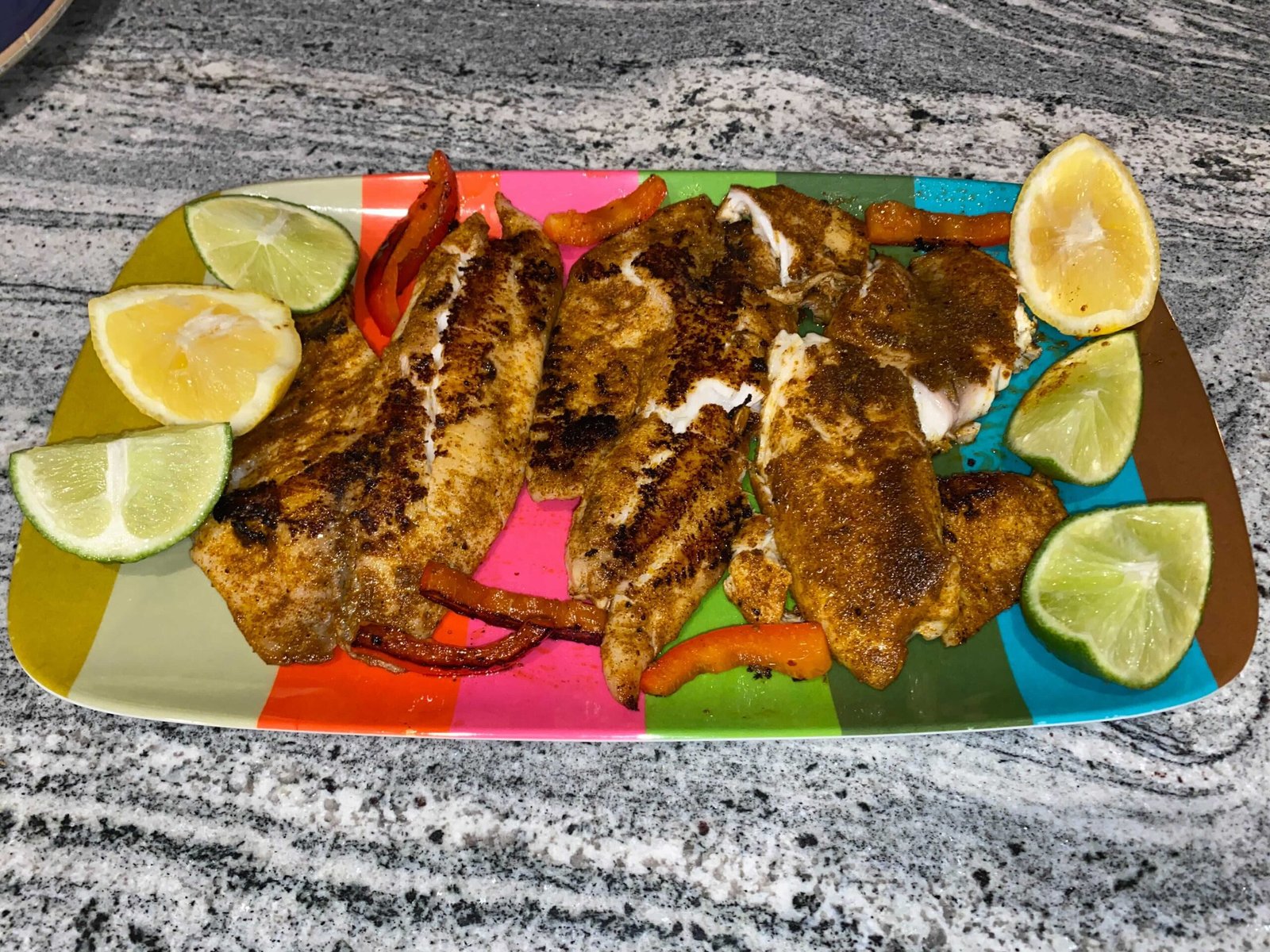
Nothing embodies Cajun culture quite like its food. Born out of necessity and creativity, Cajun cuisine is a celebration of local ingredients and bold flavors. Staples like gumbo, jambalaya, and étouffée showcase a blend of French technique, African spices, and Native American ingredients. Crawfish boils, boudin sausage, and spicy stews are more than meals—they are rituals of togetherness, where families and friends gather to share stories and laughter. The use of the “holy trinity” of onions, bell peppers, and celery forms the backbone of many dishes, while cayenne and paprika add the unmistakable Cajun kick. Each bite is a taste of history, resilience, and joy.
Cajun Music: The Soundtrack of Survival
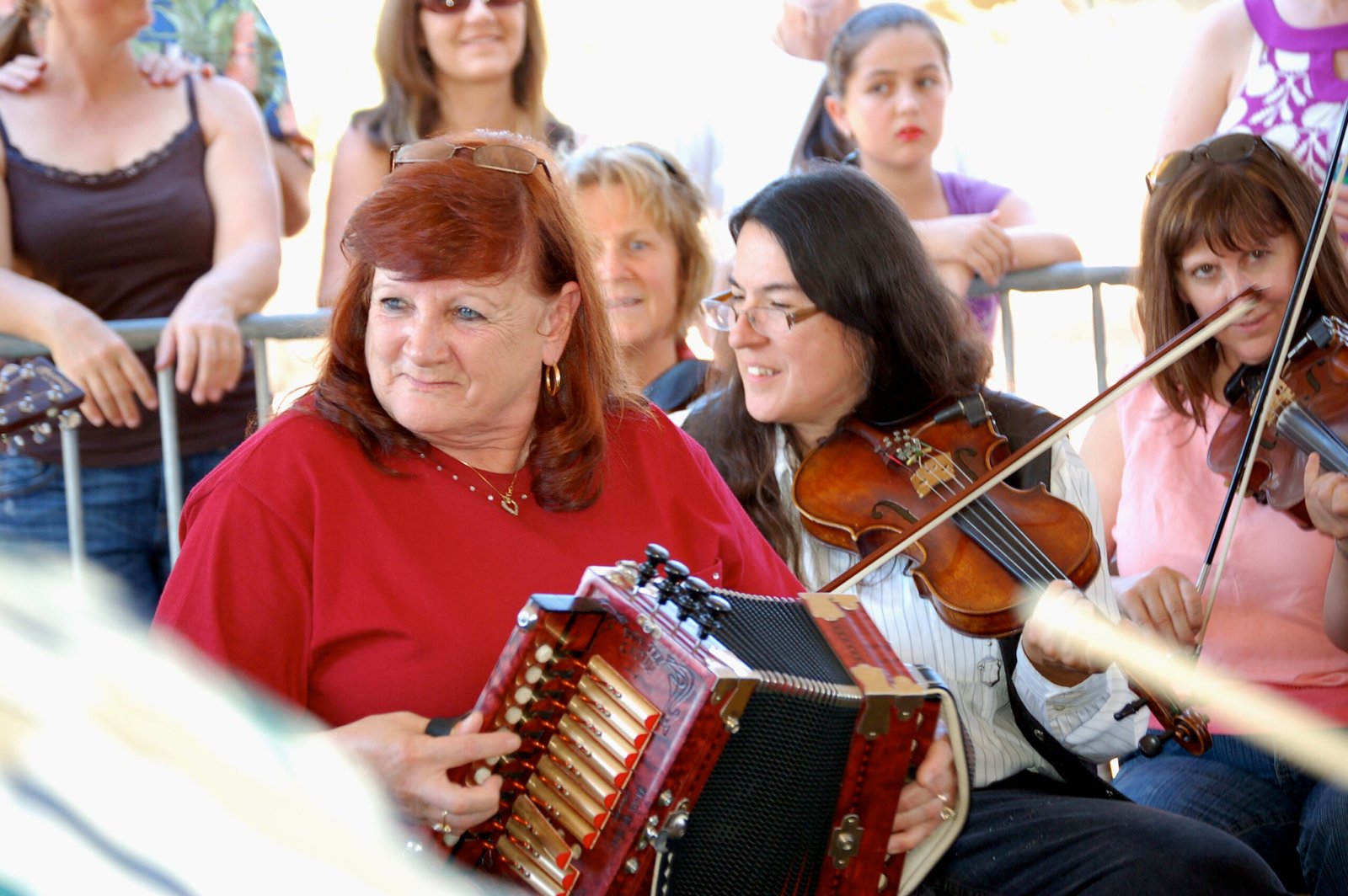
Music runs through the veins of Cajun life. Fiddles, accordions, and washboards come alive at every gathering, filling the air with infectious rhythms and soulful melodies. Cajun music grew from French ballads but soon absorbed the syncopation of African drums and the swing of American country. Whether it’s a lively two-step or a mournful waltz, the music tells stories of love, loss, and laughter. Today, festivals like the Breaux Bridge Crawfish Festival and the Festivals Acadiens et Créoles celebrate this musical heritage, drawing visitors from around the world. For Cajuns, music is more than entertainment—it’s a lifeline to their past and a joyful expression of who they are.
Relationship with Nature and the Wetlands
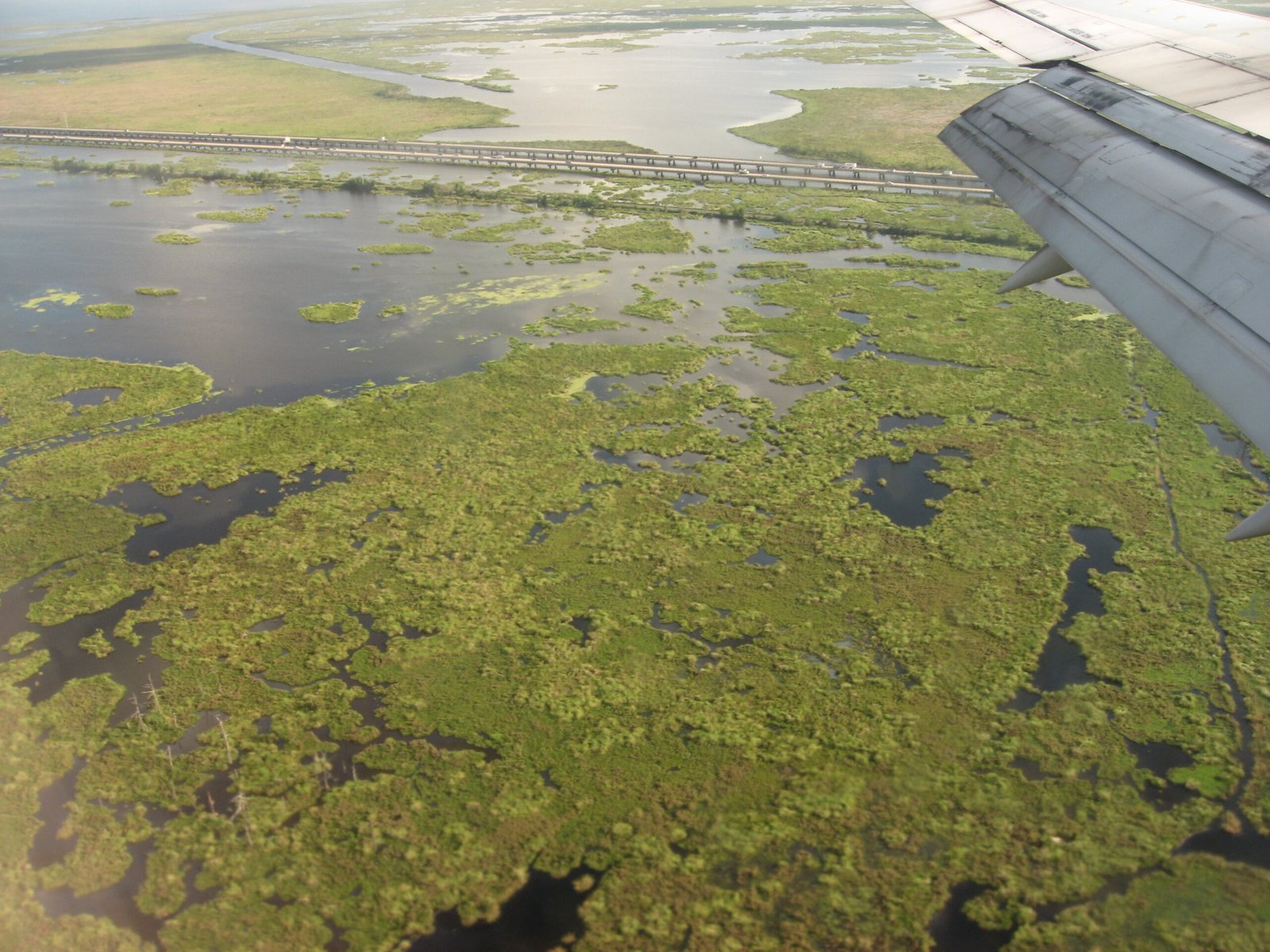
The Cajun relationship with Louisiana’s wetlands is both practical and spiritual. Surrounded by cypress swamps, winding bayous, and teeming wildlife, Cajuns learned to live with the land, not against it. They mastered the arts of fishing, trapping, and farming in a landscape that could be both generous and unforgiving. The wetlands shaped their worldview, instilling a deep respect for nature’s cycles and a sense of stewardship. Today, however, these treasured ecosystems face threats from erosion, climate change, and development. Many Cajuns have become advocates for conservation, determined to protect the natural wonders that have defined their way of life for generations.
Faith and Festivals: The Heart of Community
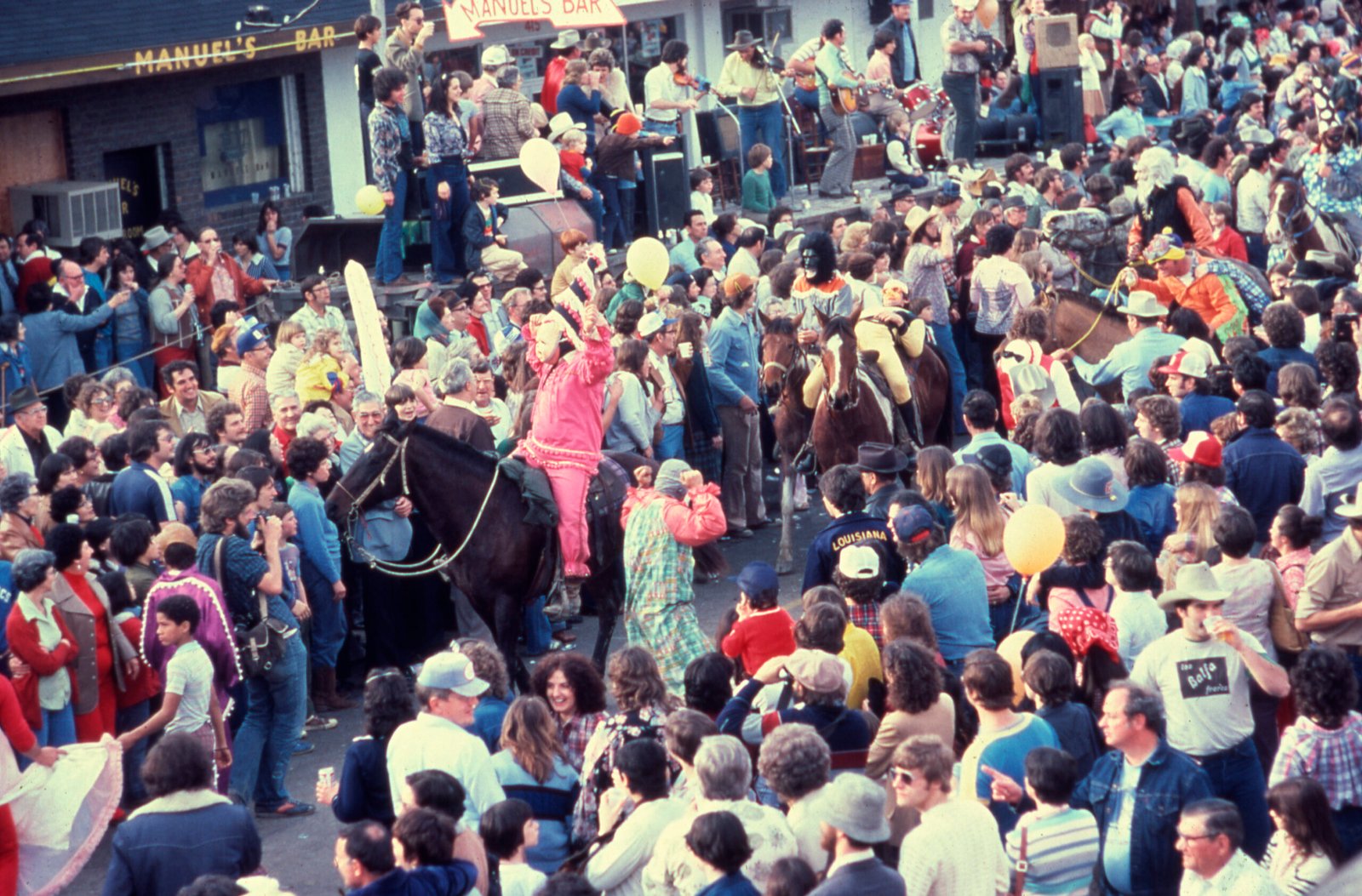
Faith has always been at the core of Cajun life. Rooted in Roman Catholicism, spiritual traditions blend with local customs to create a rich tapestry of rituals and celebrations. From Mardi Gras to La Toussaint (All Saints’ Day), festivals are a chance to reaffirm identity and unite communities. These gatherings are filled with music, dancing, feasting, and laughter—testament to the Cajun belief in celebrating life’s joys, even amid hardship. The church remains a gathering place for families and friends, providing comfort and continuity in a rapidly changing world. Through faith and festivity, Cajuns sustain the bonds that have carried them through centuries.
The Science of Adaptation and Resilience
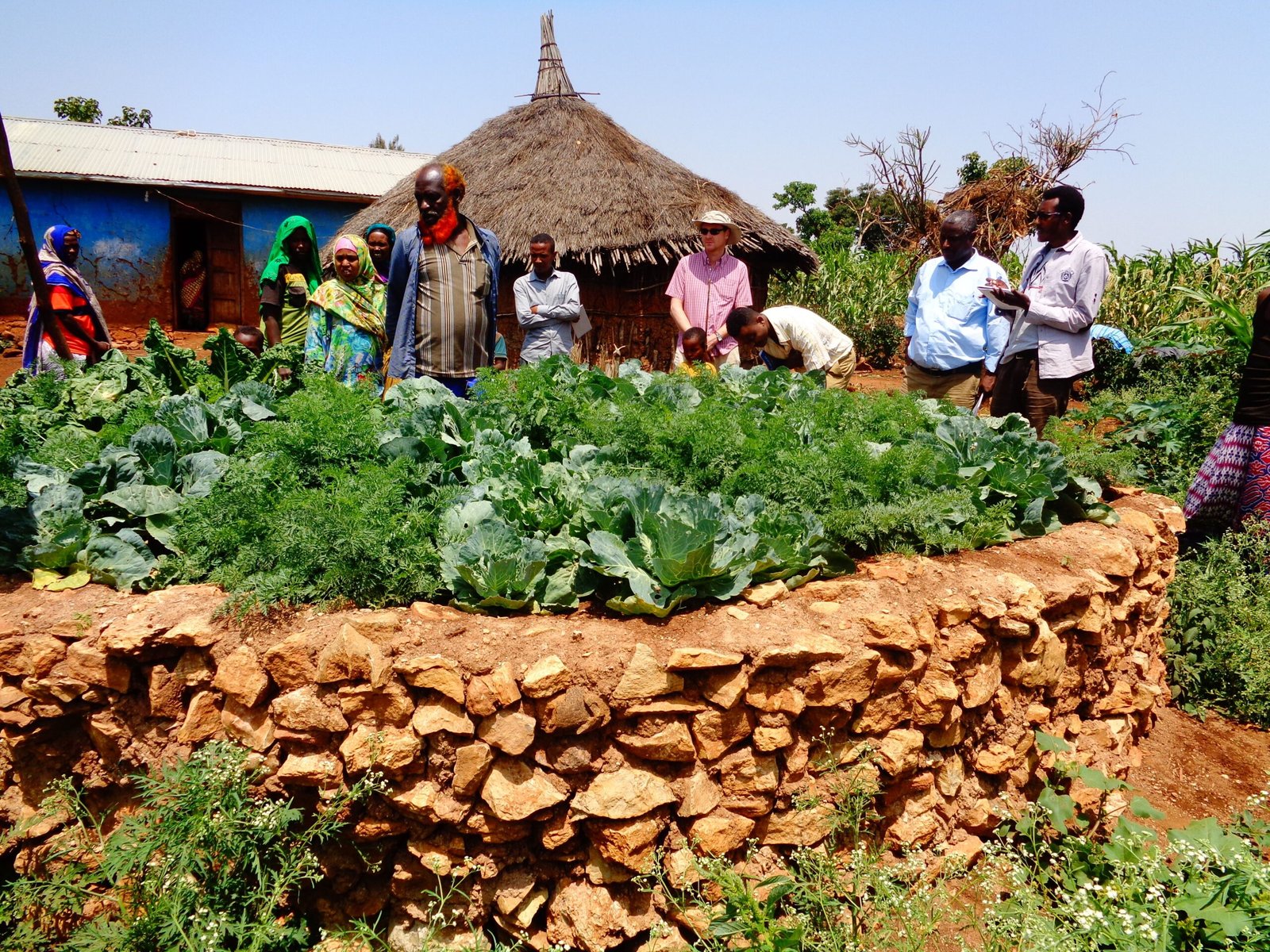
The Cajun story is a living lesson in adaptation—a concept studied by scientists in both nature and society. Like plants growing in a storm or animals adjusting to new environments, the Acadians who became Cajuns survived through flexibility and innovation. Researchers have observed how cultural resilience can mirror ecological resilience; both depend on diversity, cooperation, and the ability to learn from change. The Cajun example shows how hardship can spark creativity and community, inspiring scholars, environmentalists, and everyday people alike. Their journey from exile to flourishing culture offers powerful insights into how humans can thrive in the face of upheaval.
Cajun Identity Today: Pride Amid Change
Modern Cajun culture is a tapestry woven from tradition and transformation. While many Cajuns embrace the old ways—speaking French, cooking ancestral recipes, and playing traditional music—others blend these with new influences, creating a dynamic sense of identity. Economic pressures, environmental challenges, and globalization have changed the face of Cajun life, but the sense of pride remains strong. Organizations, artists, and educators work tirelessly to preserve and promote Cajun heritage, ensuring it remains a source of inspiration for future generations. The Cajun story is not just about the past—it’s a living, breathing force that continues to shape Louisiana and beyond.
Reflections on an Enduring Legacy
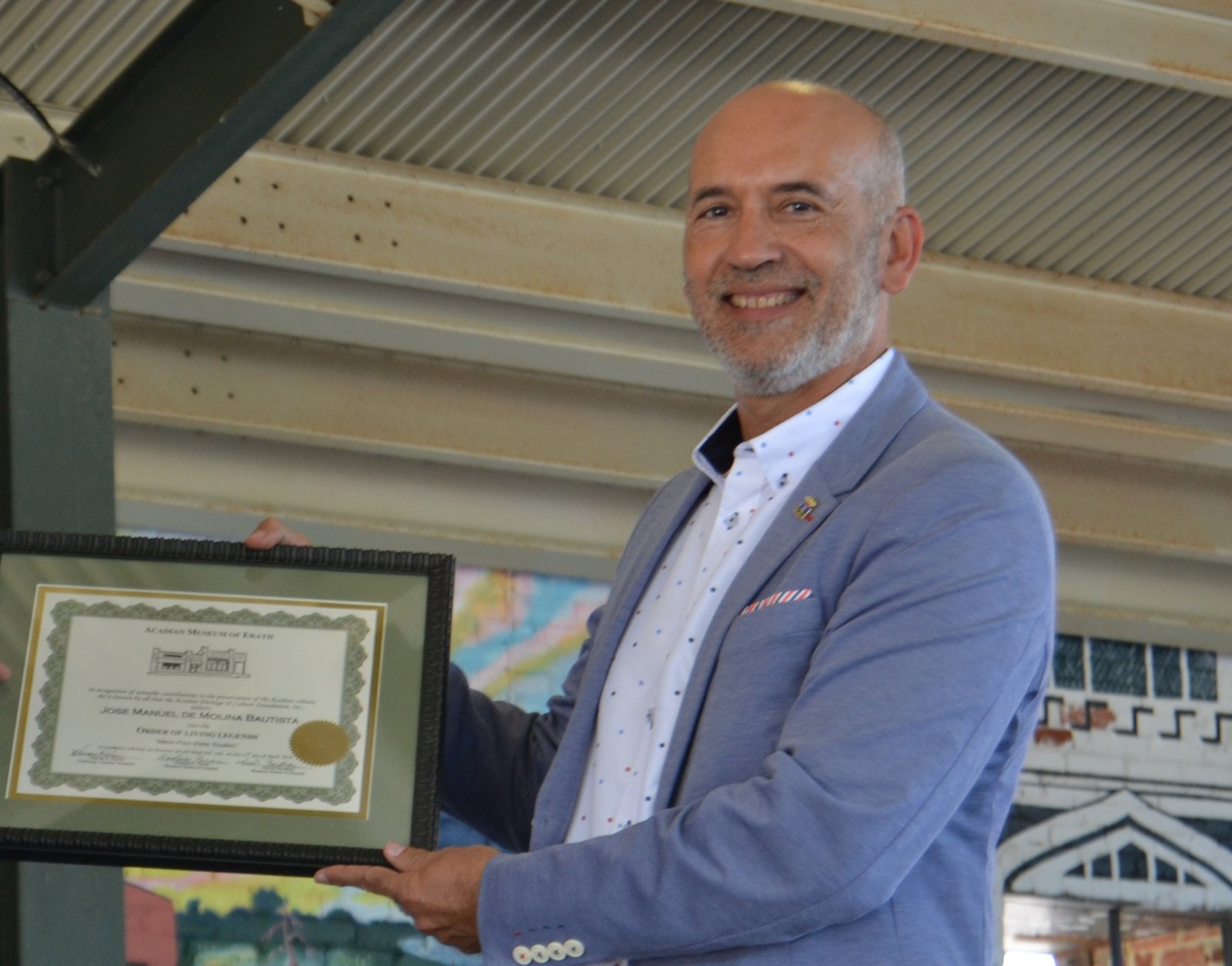
The Acadian journey from exile to Cajun culture is a breathtaking story of survival, adaptation, and celebration. Against all odds, they transformed heartbreak into triumph, forging a culture that pulses with life, music, and flavor. Their tale reminds us that even in the face of the harshest trials, the human spirit can find ways to endure, thrive, and create beauty from pain. The wetlands, the music, the food, and the language all tell a story of people who refused to let go of their identity—who turned tragedy into a joyful, enduring legacy. How many cultures can claim such a powerful rebirth from the ashes of exile?




